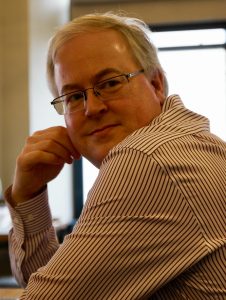Congratulations to Dr Nguyen Dang, who has been awarded a Leverhulme Trust Early Career Fellowship. The 3 year Fellowships are intended to assist those at an early stage of their academic careers to undertake a significant piece of publishable work. Nguyen will be researching Constraint-based automated generation of synthetic benchmark instances.
Abstract summary: “Combinatorial problems such as routing or timetabling are ubiquitous in society, industry, and academia. In the quest to develop algorithms to solve these problems effectively, we need benchmark instances. An instance is an example of the problems at hand for testing how well an algorithm performs. Having rich benchmarks of instances is essential for algorithm developers to gain understanding about the strengths and weaknesses of their approaches, and ensure successful applications in practice. This fellowship will provide a fully automated system for generating valid and useful synthetic benchmark instances based on a constraint modelling pipeline that supports several algorithmic techniques.”


